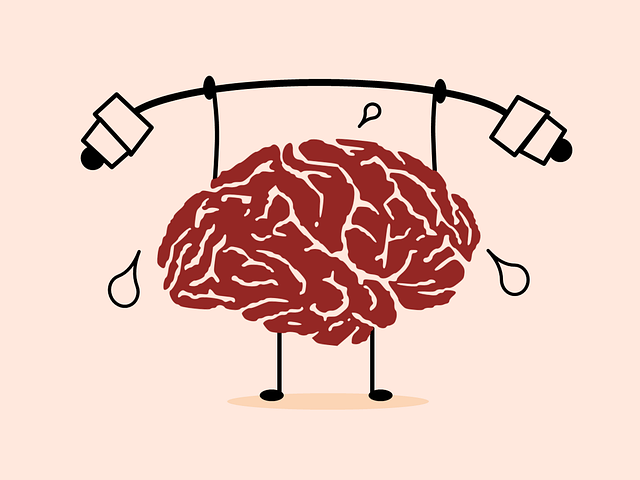Learning practical skills to handle anxiety and stress would be an invaluable resource to all college students, especially for those living with mental illness who do not seek treatment for fear of being stigmatized. Kennesaw State should do more to fight the stigma around mental illness by offering a course focused on providing students with the tools they need to build and maintain mental wellness.
According to a 2014 study by the National Institute of Health, 11.9 percent of college students suffer from an anxiety disorder, with 6.7 percent having suicidal thoughts. Despite this, only 36 percent of students with depression, panic disorder, suicidal thoughts or self-injury received any kind of treatment. In another study by the institute, it was found that due to the stigma surrounding mental illness, nearly 20 percent of people aged 16 to 24 avoid seeking treatment. These people need help, and colleges are in the perfect position to provide it.
While schools offer general wellness courses, a class focused specifically on learning skills such as mindfulness and stress tolerance would give students the tools to handle emotional crises before they happen.
“I definitely think schools should have education surrounding mental health, both with general awareness as well as resources for people who need help or are struggling,” junior political science major April Friedman said.
As a place of higher learning, KSU should be working to dispel incorrect or incomplete information, and yet a look at the school’s Student Disabilities Services site reveals that KSU is only furthering the stigma of mental illness.
KSU’s page discussing psychological disorders grossly misinterprets and belittles those with personality disorders, reading, “Persons with a personality disorder respond poorly to stress and change and are seriously deficient in their capacity for love and work. To others, they often seem disconcerting, obnoxious, or even enraging.”
This is extremely damaging language, especially when considering that common symptoms of personality disorders include self-loathing and unstable identity.
“The language used by Kennesaw State regarding personality disorders is polarizing, incorrect, and likely discourages students who are showing symptoms of a personality disorder from seeking the assistance they need,” Becca Burgette, a licensed professional counselor, said. “In addition, it has the potential to cause further discrimination towards those with mental illness. The only difference between those with personality disorders and those without is the way that they interpret the world around them into inner thoughts and emotions.”
KSU’s false and cruel misrepresentation of people with personality disorders is an insulting disservice to both professors and students. Professors seeking to better understand their mentally ill students are shown an incorrect and harmful stigma being presented as fact, and students are less inclined to seek treatment, fearing that terrible labels like those used by KSU will be tied to their identity.
Mental illness is a problem that affects everyone, and the best solution to a problem begins by understanding it. By educating students on how to maintain their mental health and providing respectful and accurate resources to faculty and students, colleges can pave the way for future generations to grow beyond the stigma of mental illness.



